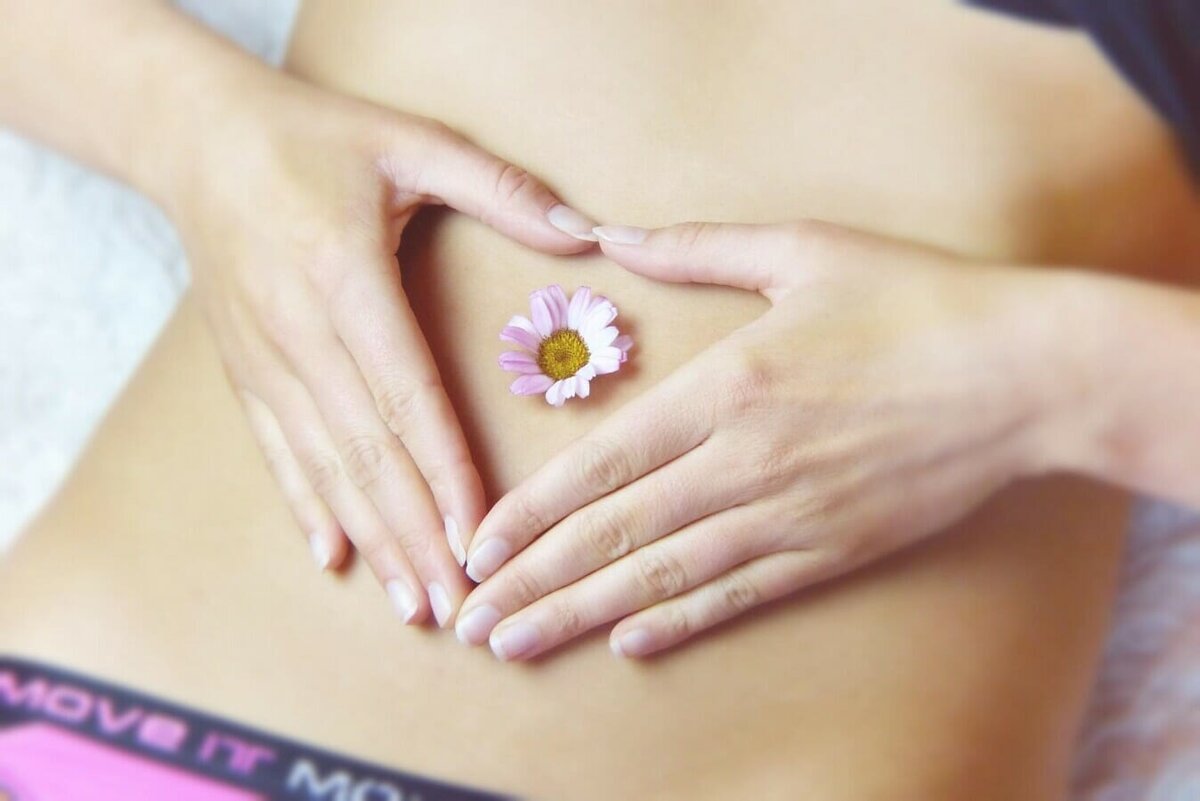“Listen to your gut” has become a buzz phrase in today’s health-conscious and mindfulness-oriented society. While the phrase is used to refer to our intuition, its connection with the gut is not a coincidence.
The gut is often referred to as the second brain due to the bacteria and nerves contained there that control our brain. It’s not only responsible for some vital bodily functions but also for our mood.
We venture to unveil the mystery of our gut and learn how to improve our gut health so that we can enjoy a fulfilling life.
Why is gut health important?
The gut contains a rich portfolio of bacteria, fungi, and viruses, around 1,000 species weighing approximately three pounds. Collectively, they are called the gut microbiome. But those bacteria aren’t harmful; on the contrary, they benefit our health and livelihood. They’re responsible for digesting food, getting rid of toxins, and keeping us happy and healthy.
Apart from breaking down food, the microbiome in our gut keeps our immune system intact to prevent us from diseases. In fact, 70% - 80% of our immune system is located in the gut.
Studies have also revealed a link between our gut health and mental health. There is something called the Microbiome Gut Brain (MGB) Axis which connects our gut microbiome with our brain through the nervous system. It “regulates our mood, response to stressors, movement, and ability to form memories and process information”. Also, more than 90% of our serotonin – the happiness hormone – is produced in the gut. If our gut microbiome is in dysbiosis, an imbalance of microorganisms, these functions are also affected.
Unhealthy gut: the causes
Unfortunately, about 40% of the UK population experiences a minimum of one digestive problem symptom at any given time. This negatively affects the quality of our lives. It’s not just the stress of our lives that can cause gut issues, the way we medicate ourselves with antibiotics can too.
Dr Grace Liu, also known as The Gut Goddess, shared the following in an interview for the Gaia series Healing Matrix: “Here, in the Western world, studies are showing that even after one course of antibiotics, we’re depleting such a great amount of microbiome. We literally can lose 1/3 or 2/3 of our whole microbiome with even one course of antibiotics, and it never reverts back for some people”.
If we want to improve our microbiome, we need to learn something from the cultures whose gut health is thriving. These are the Amish and the Blue Zoners. The latter live in geographical regions called Blue Zones where people are the healthiest and live the longest. Studies have shown that these cultures have a diverse microbiome including species that are extinct in the Western world.
Dr Grace Liu adds: “So, the way I look at the microbiome, it’s kind of like a wealth portfolio. Here in the Western world, we’re bankrupt in terms of our microbiome”.
How to improve your gut health?
Even if we might be a little short on vital species in our gut microbiome, there are ways we can enrich our microbiome portfolio through diet, detox, and probiotics. Here is how.
Fibre, fibre, fibre.
Dietary fibre promotes the growth of healthy bacteria. There are two types of fibre, each having its own benefits to your gut. Insoluble fibre helps with bowel movement, prevents constipation, and fills you up. It’s found in grains, nuts, seeds, legumes, and the outer skin of root vegetables.
Soluble fibre, on the other hand, slows down digestion and regulates blood glucose levels. It’s contained in most fruits and vegetables, legumes, and oats.
30g of dietary fibre is the daily recommended amount.
Eat fermented foods
Dietary fibre has an amazing quality called fermentability. That is the extent to which a fibre is broken down by our gut bacteria. Fermented foods contain natural microorganisms called probiotics, which enhance our gut flora.
Try adding a portion of the following fermented foods in your diet every day: kimchi, sauerkraut, yoghurt, kombucha, kefir, and fermented vegetables such as pickles and onions.
If you feel like you need an extra probiotic boost, try probiotic supplements. These live bacteria and yeasts restore your microbiome balance.
Eat prebiotics
What probiotics feed off is prebiotics, the “fertilisers in our gardens”. They’re essential for keeping our ecosystem intact and are contained in foods such as onions, garlic, tomatoes, bananas, asparagus, and chicory.
Replace refined sugar with organic chocolate
Excessive amount of processed sugar and artificial sweeteners can cause microbiome dysbiosis. Heavy amounts of processed sugar are contained in most packaged foods and ready meals.
Of course, not all sugar is bad, rather, it’s vital for us. But instead of consuming ‘bad’ sugar, implement natural sugar (carbohydrates) into your diet in the form of fruits and vegetables.
Just like a drug, sugar is addictive. Oftentimes, we use it to add a pinch of sweetness into our lives and uplift our mood. However, after the initial sugar rush comes a sugar crash caused by the overworking of insulin and stress hormones. This leaves us feeling lethargic.
Instead, try and nurture your emotions to avoid sugar binges harming your gut microbiome. Alternatively, do yourself a favour and indulge in some organic chocolate. It’s packed full of nutrients such as magnesium, zinc, and calcium, and naturally boosts your serotonin level. It’s for a reason that the Mayans used to call cacao “the food of the gods”.
Sleep well
In our busy modern lives, we tend to neglect sleep. However, our bodies’ rhythms dictate our gut health. When we don’t get enough sleep, we give way for inflammatory bacteria to flourish in our gut, while healthy bacteria diminish.
Moreover, insufficient sleep can increase hunger levels and lead to obesity. So, make sure you get a good night’s sleep as often as you can.
Practise mindful eating
Mindful eating means paying attention to all your senses while eating: smell, touch, taste, sight, hearing. Turn your dining experience into a ritual. This will help you better understand your appetite and prevent you from overeating, find joy and appreciation in your food, and aid your digestion.
While eating, chew your food properly, so that your saliva releases enzymes that help with digestion. Also, make sure you’re stress free while having your meal, and avoid consuming too many drinks as they could overload your digestive system.
We all tend to focus on gaining riches, but how often do we stop and think about the wealth of our gut microbiome? To guarantee a healthy and fulfilling life, make sure you take care of your gut health and don’t forget to listen to your gut!



